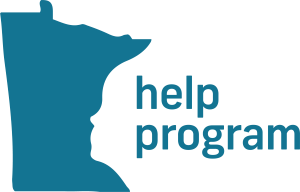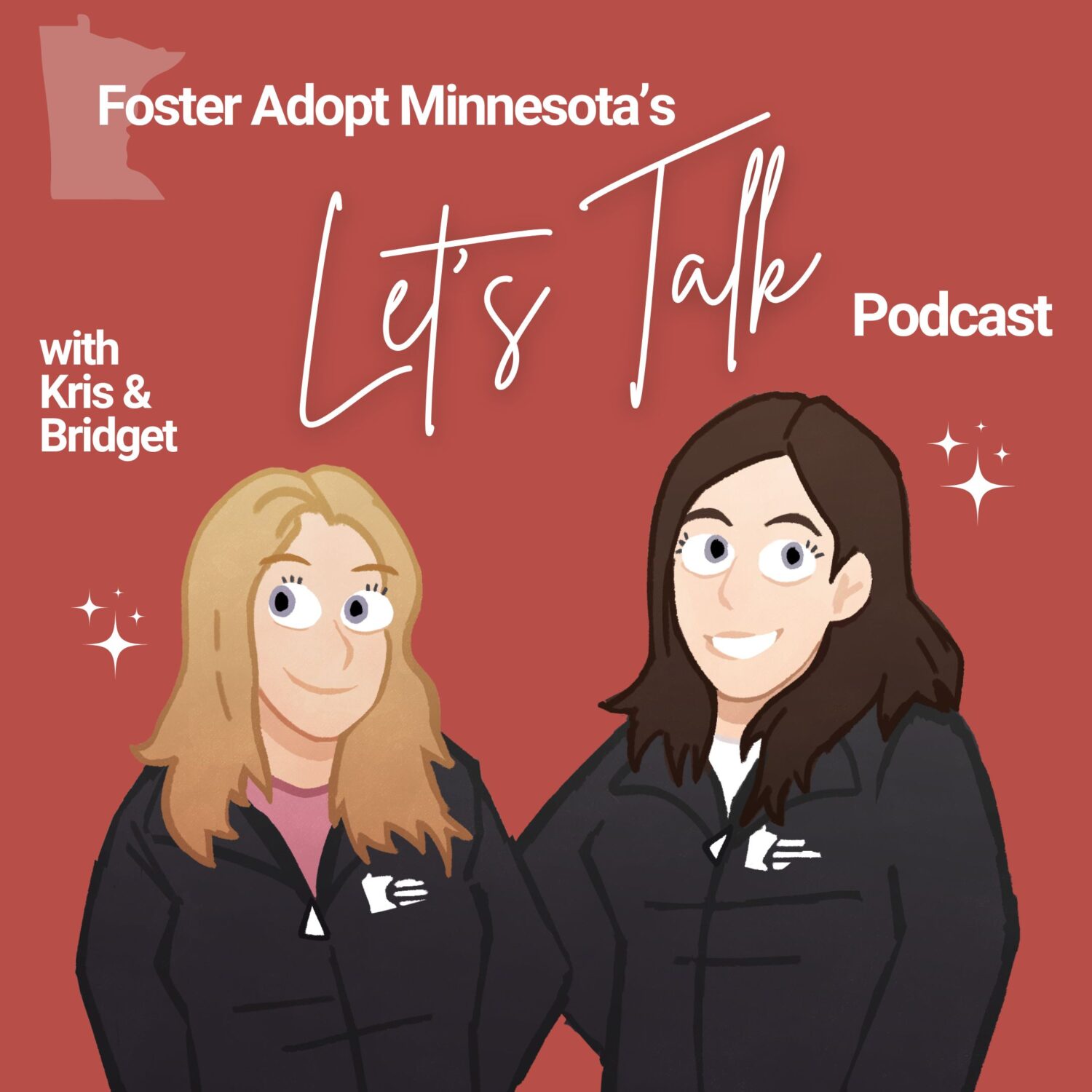Looking for consultation, resources and referrals to enhance the support you provide to adoptive, foster and kinship families?
The HELP Program is a free, statewide warmline, and our staff welcomes the opportunity to support you, with:
- Case consultation
- Referrals for therapeutic services
- Connections to community resources
- Information on educational opportunities (both for professionals and families)
- Presentations for teams on adoption/permanency considerations and Foster Adopt MN services
Contact the HELP Program
Toll-Free: 1.855.670.HELP or 612.746.5137
Help@fosteradoptmn.org
Why People Contact the HELP Program
Resources for Professionals
Foster Adopt Minnesota sees collaboration amongst professionals, both within the adoption community and those outside the adoption realm, as a crucial component to supporting children, teens and families who are formed through adoption, foster or kinship care. Based on this fundamental belief, Foster Adopt MN strives to offer resources to professionals that can aid in expanding understanding of adoption, early trauma and attachment.
The following are a sampling of educational resources geared for professionals who interact with children, teens and families who are brought together via foster, adoption or kinship care.
We also encourage you to learn more about the Foster Adopt MN HELP Program, which is a Minnesota focused nationally unique, FREE resource that can assist Minnesota based professionals, as well as the adoptive, foster & kinship families they interact with, in expanding understanding about this important area while providing free support and guidance. Learn more today!
General
Understanding effects of maltreatment on brain development
Bruce Perry – Stress, Trauma and PTSD in Children
Dr. Dan Siegel presenting a Hand Model of the Brain
Dr. Daniel Siegel presents a hand model of the brain and discusses how brain development affects behavior. This simple, clear model of the brain is an accessible approach to understanding children with regulation considerations.
The National Child Traumatic Stress Network
Established by Congress in 2000, the National Child Traumatic Stress Network (NCTSN) brings a singular and comprehensive focus to childhood trauma. NCTSN’s collaboration of frontline providers, researchers, and families is committed to raising the standard of care while increasing access to services. Combining knowledge of child development, expertise in the full range of child traumatic experiences, and dedication to evidence-based practices, the NCTSN changes the course of children’s lives by changing the course of their care.
Has myriad resources and information, both for families, as well as school personnel, media and professionals.
Center for Adoption Support and Education
Child Welfare Information Gateway (Adoption)
For Child Welfare Professionals
Human Rights Campaign: All Children, All Families Free Webinar (but requires registration):
Promising Practices for Serving Transgender & Non-Binary Foster & Adoptive Parents
This webinar previewed All Children – All Families’ new resource guide for child welfare professionals on how to welcome, affirm, recruit and best serve transgender and non-binary foster and adoptive parents. This new publication covers promising practices for creating gender-inclusive agency environments and draws from testimonials from agency administrators, legal and policy experts as well as trans and non-binary foster and adoptive parents.
National Adoption Competency Mental Health Training Initiative (NTI)
The National Adoption Competency Mental Health Training Initiative (NTI) is designed to enhance the capacity of child welfare professionals and mental health practitioners to better understand and address the mental health and developmental needs of children moving to or having achieved permanency through adoption or guardianship.
NTI was established in October 2014 through a 5-year, $9 million cooperative agreement with C.A.S.E. and the U.S. Department of Health and Human Services, Administration for Children and Families, Children’s Bureau.
Through this initiative, State, Tribe and Territory child welfare professionals and mental health practitioners will have access to two state of the art, evidence-informed, standardized web-based, trainings to provide the casework and clinical practices to promote child well-being and family stability.
When can you begin training?
If you reside in one of our pilot sites (California, Illinois, Maine, Minnesota, Oklahoma, South Carolina, Tennessee, Washington, and The Cherokee Nation), you can begin the training in March 2018. All other states will have access in 2019. Either way, click here to get connected to the NTI initiative: http://adoptionsupport.org/featured-on-homepage/nti/
University of Minnesota: Center for Advanced Studies in Child welfare: Permanency and Adoption Competency Certificate Program
The Permanency and Adoption Competency Certificate (PACC) was developed in response to community demand to meet the need for increasing the availability and competency of a professional workforce able to work across systems to serve the unique and complex clinical and practice needs for adopted individuals and their families. The goal of the PACC is to increase the number of qualified permanency and adoption mental health and child welfare professionals in the state who are able to work in collaborative and multicultural contexts.
To learn more please visit https://cascw.umn.edu/
Or contact:
Elizabeth Keely Vandre, MSW, LGSW
PACC Coordinator
Center for Advanced Studies in Child Welfare
School of Social Work
University of Minnesota
205E Peters Hall
1404 Gortner Avenue
St. Paul, MN 55108
612-626-3831
shal0035@umn.edu
Secondary Traumatic Stress
Secondary Traumatic Stress – A Fact Sheet for Child-serving Professionals
For the Education Community
What Teachers Should Know About Adoption
Complex Trauma Facts for Educators
What Survival Looks Like in Elementary School
What Survival Looks Like in Secondary School
For the Medical Community
Webinar On Trauma for Pediatricians-Primary Care Workers
What Pediatric Health Providers Should Know About Adoption
American Academy of Pediatrics
The above link includes information on the following:
Trauma Toolbox for Primary Care
Helping Foster and Adoptive Families Cope with Trauma: A Guide for Pediatricians



